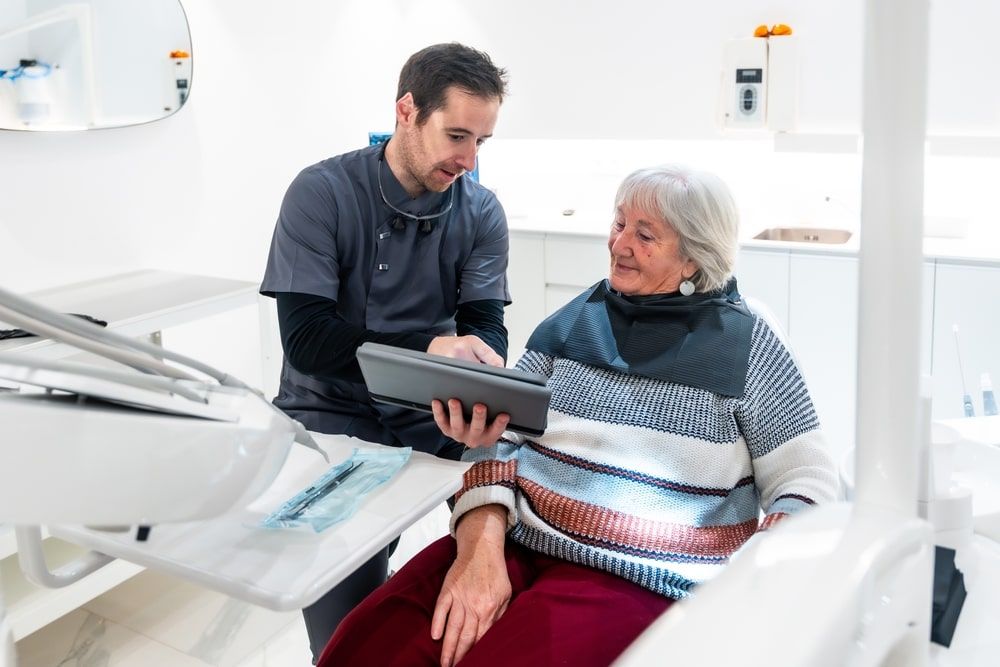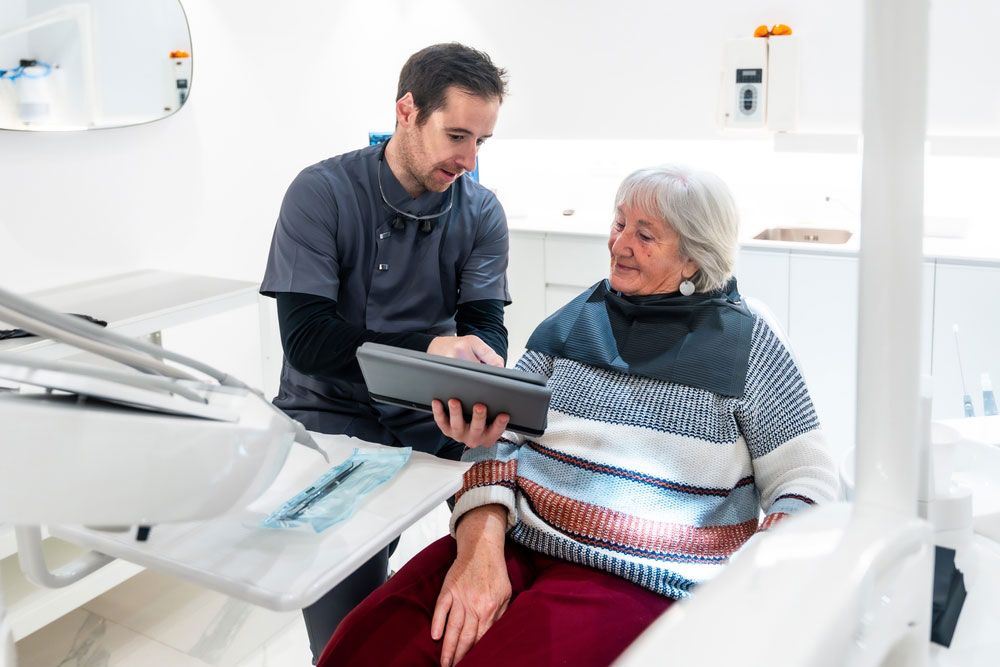Root canals are meant to protect the inner workings of your teeth by removing the present infection and sealing it off permanently from any further bacteria and decay. However, sometimes a root canal treatment can present problems months or years later. Whether your tooth healed improperly or became reinfected, endodontic retreatments are a second chance to save your tooth fully.
Why You May Need an Endodontic Retreatment
All of our teeth are as individual as us, meaning that sometimes certain teeth will have their own peculiar traits, and with these traits can come problems. With any dental procedure, it is possible that your root canal may not heal as expected, and new problems can come in and cause further issues with the tooth. However, some of the most common reasons for needing endodontic retreatment can include:
- Narrow/Curved Canals: Sometimes, the tooth’s roots can be narrow or curved, leading to difficulties in fully addressing the infection and removing it.
- Saliva Contamination: In some cases, saliva may not have been fully removed from inside the tooth and thus can harbor new bacteria growth.
- New Decay Formation: With new decay formation, the root canal filling can potentially hold the bacteria and cause new infections.
- Microscopic Tooth Fractures: In other cases, a traditional root canal treatment may not work due to hidden fractures not previously detected.
Schedule an Appointment With Your Dentist Today!
Overall, readdressing a tooth when you experience pain, swelling, and tenderness along the tooth can be a quick sign to see your endodontist today and schedule a follow-up appointment for treatment.







